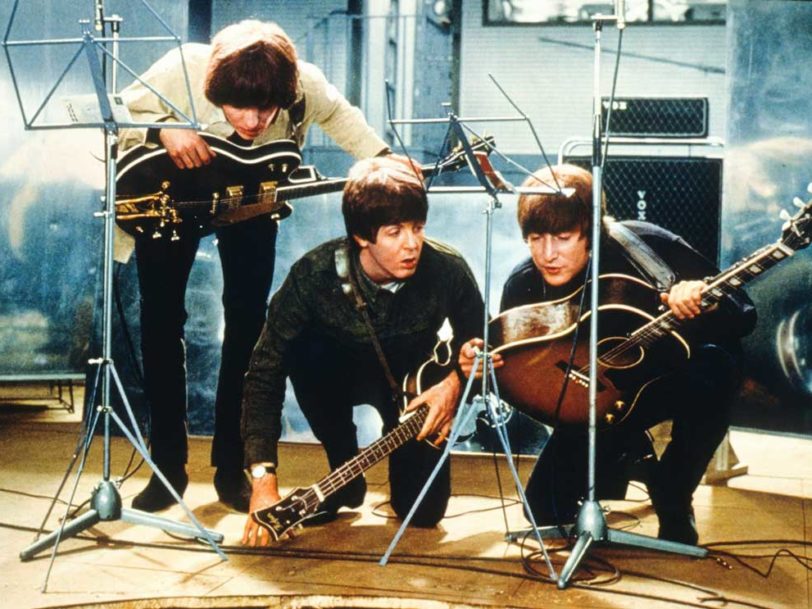What makes a good cover version? Radical reworkings can help but, ultimately, the original song needs to be good enough to stand the test of time in the first place. When both elements combine, you get a definitive classic that becomes a part of pop culture for ever more. Here, then, are 20 songs you didn’t know were covers, but which have relegated the originals to footnotes music’s history books.
20: Donovan: Universal Soldier (originally by Buffy Sainte-Marie)
The title track of Donovan’s hit 1965 EP, Universal Soldier’s themes touch on just the sort of subjects the rising Glaswegian über-hippie wrote about. Except he didn’t write it. Canadian folkie Buffy Sainte-Marie had penned the song a couple of years earlier in the basement of a Toronto coffee house. Appearing on her 1964 debut album, It’s My Way, Universal Soldier might not have become an anti-war anthem had Donovan not taken a cover of the song, in much the same style as Saint-Marie recorded it, to No.5 in the UK. A modest hit in the US, Glen Campbell released a version there the same year to much the same reaction. The pacifist movement soon gained pace, though, and Universal Soldier has had a long afterlife.




